Today we had our fourth run of, what I shall call, the presentation piece of Phase One of the Devised Yukon Project. Although the project will continue for the proposed next two years, we have compiled a collage of our work that we have done thus far, loosely linking the snips together based upon themes of movement, text, or feeling, often finding the linkages after we have decided to put what pieces in what order. This phase of this project has been the most gratifying and focused of our two months of development, and also the most challenging.
As blogged on this site, I have at times longed for a root or source, so that we could have a focal point we consistently and constantly could refer back to and honour in order to measure our sense of truth to a story. I am a sucker for artistic formula. The classical five-act play structure and Stanislavski’s term “the science of acting,” are ideas that inspire me. I like looking at the creation of theatre as a science first, that has hypothesized experiments with set variables, that when once fully tested, then and only then do we blow the whole thing apart and start to find freedom.
When I use the term source or root, I am not specifically refering to a script or a novel or a song or a writing on a bathroom wall. It is the vision. "Why are we doing this?"
This project has forced me to let go of that notion all together. We have collectively embarked on creating a method of creating, a vocabulary for that process, a set of experiments based upon experimenting alone, and, the ultimate challenge in my mind, to discover the root piece that we honour instead of having that source already in place. When you have a root that you are trying to serve, it is easier to find a foundation of vocabulary to check in on the progress of the development and the imagining of how it is shared, because there is something to rely on. The source has a beginning, middle and end, and has it’s own voice and its own truth of one imagined statement, so there is already a basis of direction, whether or not there is a director. What excites me about this process of creation is the idea of re-interpreting or re-imagining the cathartic response felt, or lack thereof, when confronted with the source, and turning that response (that inspiration) into something fresh, with a new set of voices. This is different from re-telling. Having a root is like having veins that you need to fill your blood with; re-telling is like trying to dress up as a blood cell and go along for the trip.
When we worked with Ker Wells for two weeks in an intensive-workshop style the group was introduced to Ker’s process of “material gathering,” which was a monumental thrusting point into this final phase of the collective’s work this summer. Ker offered us challenges/assignments (variables) to bring in scenes or stories or movement sequences that were gathered and compiled with an inspired base. For example; we brought in stories of loss, and what that meant to us individually; we brought in stories of characters that inspired us in some way; and the most mentionable and influential assignment on the project thus far was Jessica’s assignment to interview with a long route bus driver. The assignments were based in the elements of story, something always needed to happen - change needed to occur. Learning this skill of material gathering is what has helped harness this project at this juncture, and has assisted in reining in the fleeting and wonderful imaginations of the group, helping to find a focal point of creation.
Material gathering, though, is different from serving a source. Material gathering is like show-and-tell when it is not realized or utilized for a higher energy of story-telling. Serving a source requires that after experiments are tried, and all materials are gathered, that they clinically be questioned and assessed and re-adjusted, in whatever way, to honour the voice of the source. Once we implemented this gathering of material and started to see ideas brought in side by side, the piece began to take shape and we found our source.
This, I believe, is what Sam and Jessica were hoping to find; their source, and I hope as the project continues in the following two years that these eight weeks of discovering the root were beneficial.
- Shaun



